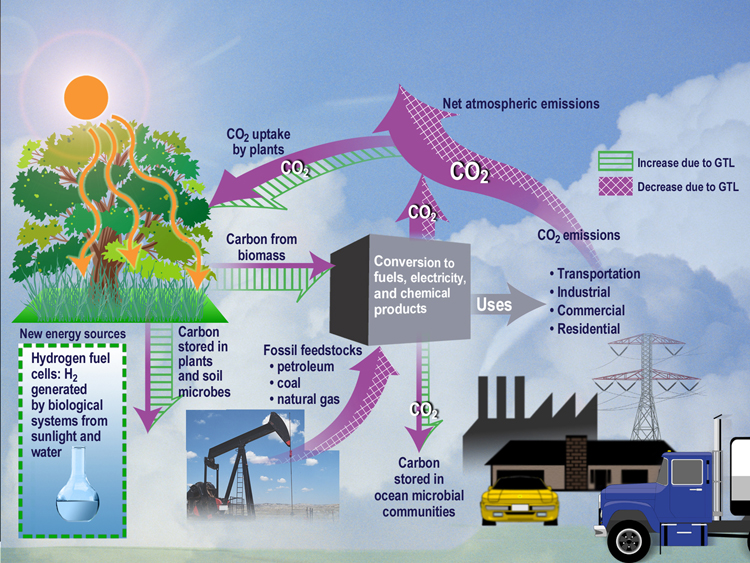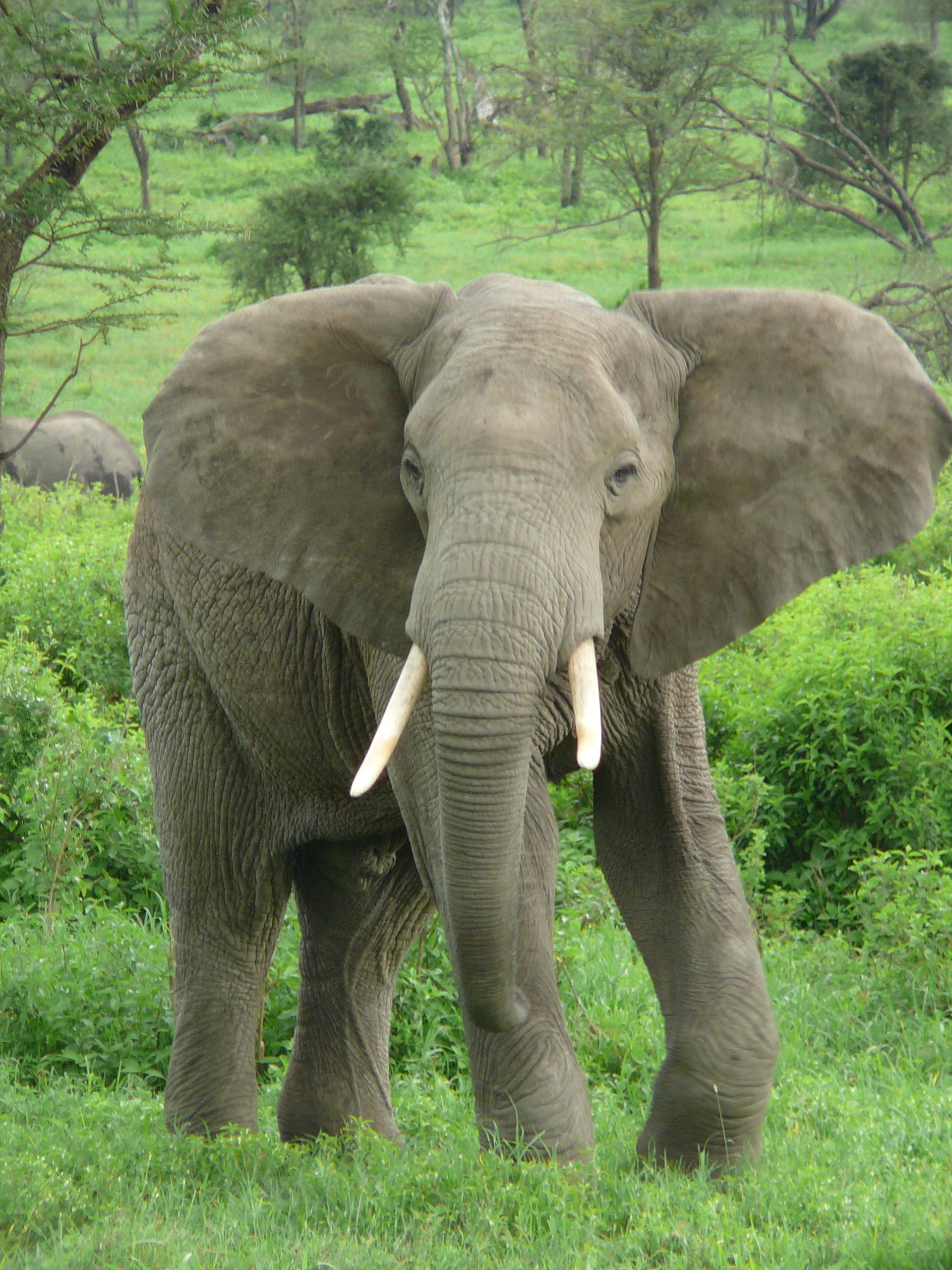|
Yadvinder Malhi
Yadvinder Singh Malhi ( Punjabi: ਯਦਵਿੰਦਰ ਸਿੰਘ ਮਲਹੀ, born 1968) is professor of Ecosystem Science at the University of Oxford and a Jackson Senior Research Fellow at Oriel College, Oxford., Hay Festival, Hay-on-Wye Education Malhi was educated at Southend High School for Boys and Queens' College, Cambridge where he graduated with a Master of Arts degree in natural sciences (specialising in physics) in 1990. He completed postgraduate study at the University of Reading where he was awarded a PhD in meteorology in 1993 for research on the earth's energy budget and heat fluxes supervised by Alan Ibbetson and George Dugdale. Research and career Malhi has advanced our understanding of the functioning of terrestrial ecosystems and how they are responding to the pressures of global change in the Anthropocene, including climate change, biodiversity decline and loss of megafauna. This work integrates insights from ecosystem ecology into earth system science ... [...More Info...] [...Related Items...] OR: [Wikipedia] [Google] [Baidu] |
Royal Society
The Royal Society, formally The Royal Society of London for Improving Natural Knowledge, is a learned society and the United Kingdom's national academy of sciences. The society fulfils a number of roles: promoting science and its benefits, recognising excellence in science, supporting outstanding science, providing scientific advice for policy, education and public engagement and fostering international and global co-operation. Founded on 28 November 1660, it was granted a royal charter by King Charles II as The Royal Society and is the oldest continuously existing scientific academy in the world. The society is governed by its Council, which is chaired by the Society's President, according to a set of statutes and standing orders. The members of Council and the President are elected from and by its Fellows, the basic members of the society, who are themselves elected by existing Fellows. , there are about 1,700 fellows, allowed to use the postnominal title FRS (Fellow of the ... [...More Info...] [...Related Items...] OR: [Wikipedia] [Google] [Baidu] |
Oriel College, Oxford
Oriel College () is a constituent college of the University of Oxford in Oxford, England. Located in Oriel Square, the college has the distinction of being the oldest royal foundation in Oxford (a title formerly claimed by University College, whose claim of being founded by King Alfred is no longer promoted). In recognition of this royal connection, the college has also been historically known as King's College and King's Hall.Watt, D. E. (editor), ''Oriel College, Oxford'' ( Trinity term, 1953) — Oxford University Archaeological Society, uses material collected by C. R. Jones, R. J. Brenato, D. K. Garnier, W. J. Frampton and N. Covington, under advice from W. A. Pantin, particularly in respect of the architecture and treasures (manuscripts, printed books and silver plate) sections. 16 page publication, produced in association with the Ashmolean Museum as part of a college guide series. The reigning monarch of the United Kingdom (since 2022, Charles III) is the official visitor ... [...More Info...] [...Related Items...] OR: [Wikipedia] [Google] [Baidu] |
Earth System Science
Earth system science (ESS) is the application of systems science to the Earth. In particular, it considers interactions and 'feedbacks', through material and energy fluxes, between the Earth's sub-systems' cycles, processes and "spheres"—atmosphere, hydrosphere, cryosphere, geosphere, pedosphere, lithosphere, biosphere, and even the magnetosphere—as well as the impact of human societies on these components. At its broadest scale, Earth system science brings together researchers across both the natural and social sciences, from fields including ecology, economics, geography, geology, glaciology, meteorology, oceanography, climatology, paleontology, sociology, and space science. Like the broader subject of systems science, Earth system science assumes a holistic view of the dynamic interaction between the Earth's spheres and their many constituent subsystems fluxes and processes, the resulting spatial organization and time evolution of these systems, and their variability, sta ... [...More Info...] [...Related Items...] OR: [Wikipedia] [Google] [Baidu] |
Ecosystem Ecology
Ecosystem ecology is the integrated study of living ( biotic) and non-living (abiotic) components of ecosystems and their interactions within an ecosystem framework. This science examines how ecosystems work and relates this to their components such as chemicals, bedrock, soil, plants, and animals. Ecosystem ecology examines physical and biological structures and examines how these ecosystem characteristics interact with each other. Ultimately, this helps us understand how to maintain high quality water and economically viable commodity production. A major focus of ecosystem ecology is on functional processes, ecological mechanisms that maintain the structure and services produced by ecosystems. These include primary productivity (production of biomass), decomposition, and trophic interactions. Studies of ecosystem function have greatly improved human understanding of sustainable production of forage, fiber, fuel, and provision of water. Functional processes are mediated by regio ... [...More Info...] [...Related Items...] OR: [Wikipedia] [Google] [Baidu] |
Megafauna
In terrestrial zoology, the megafauna (from Greek μέγας ''megas'' "large" and New Latin ''fauna'' "animal life") comprises the large or giant animals of an area, habitat, or geological period, extinct and/or extant. The most common thresholds used are weight over see page 17 (i.e., having a mass comparable to or larger than a human) or over a tonne, (i.e., having a mass comparable to or larger than an ox). The first of these include many species not popularly thought of as overly large, and being the only few large animals left in a given range/area, such as white-tailed deer, Thomson's gazelle, and red kangaroo. In practice, the most common usage encountered in academic and popular writing describes land mammals roughly larger than a human that are not (solely) domesticated. The term is especially associated with the Pleistocene megafauna – the land animals often larger than their extant counterparts that are considered archetypical of the last ice age, such as mammoth ... [...More Info...] [...Related Items...] OR: [Wikipedia] [Google] [Baidu] |
Climate Change
In common usage, climate change describes global warming—the ongoing increase in global average temperature—and its effects on Earth's climate system. Climate change in a broader sense also includes previous long-term changes to Earth's climate. The current rise in global average temperature is more rapid than previous changes, and is primarily caused by humans burning fossil fuels. Fossil fuel use, deforestation, and some agricultural and industrial practices increase greenhouse gases, notably carbon dioxide and methane. Greenhouse gases absorb some of the heat that the Earth radiates after it warms from sunlight. Larger amounts of these gases trap more heat in Earth's lower atmosphere, causing global warming. Due to climate change, deserts are expanding, while heat waves and wildfires are becoming more common. Increased warming in the Arctic has contributed to melting permafrost, glacial retreat and sea ice loss. Higher temperatures are also causing m ... [...More Info...] [...Related Items...] OR: [Wikipedia] [Google] [Baidu] |
Anthropocene
The Anthropocene ( ) is a proposed geological epoch dating from the commencement of significant human impact on Earth's geology and ecosystems, including, but not limited to, anthropogenic climate change. , neither the International Commission on Stratigraphy (ICS) nor the International Union of Geological Sciences (IUGS) has officially approved the term as a recognised subdivision of geologic time, although the Anthropocene Working Group (AWG) of the Subcommission on Quaternary Stratigraphy (SQS) of the ICS voted in April 2016 to proceed towards a formal golden spike (GSSP) proposal to define the Anthropocene epoch in the geologic time scale (GTS) and presented the recommendation to the International Geological Congress in August 2016. In May 2019, the AWG voted in favour of submitting a formal proposal to the ICS by 2021, locating potential stratigraphic markers to the mid-twentieth century of the common era. This time period coincides with the start of the Great Acce ... [...More Info...] [...Related Items...] OR: [Wikipedia] [Google] [Baidu] |
Global Change
Global change in broad sense refers to planetary-scale changes in the Earth system. It is most commonly use to encompass the variety of changes connected to the rapid increase in human activities which started around mid-20th century, i.e. the Great Acceleration. While the concept stems from research on the climate change, it is used to adopt a more holistic view on the observed changes. Global change refers to the changes of the Earth system, treated in its entirety with interacting physicochemical and biological components as well as the impact human societies have on the components and ''vice versa''. Therefore, the changes are studied through means of Earth system science. History of global-change research The first global efforts to address the environmental impact of human activities on the environments worldwide date before the concept of global change was introduced. Most notably, in 1972 United Nations Conference on the Human Environment was held in Stockholm, whi ... [...More Info...] [...Related Items...] OR: [Wikipedia] [Google] [Baidu] |
Terrestrial Ecosystem
Terrestrial ecosystems are ecosystems which are found on land. Examples include tundra, taiga, temperate deciduous forest, tropical rain forest, grassland, deserts. Terrestrial ecosystems differ from aquatic ecosystems by the predominant presence of soil rather than water at the surface and by the extension of plants above this soil/water surface in terrestrial ecosystems. There is a wide range of water availability among terrestrial ecosystems (including water scarcity in some cases), whereas water is seldom a limiting factor to organisms in aquatic ecosystems. Because water buffers temperature fluctuations, terrestrial ecosystems usually experience greater diurnal and seasonal temperature fluctuations than do aquatic ecosystems in similar climates. Terrestrial ecosystems are of particular importance especially in meeting Sustainable Development Goal 15 that targets the conservation-restoration and sustainable use of terrestrial ecosystems. Organisms and processes Organis ... [...More Info...] [...Related Items...] OR: [Wikipedia] [Google] [Baidu] |
Heat Flux
Heat flux or thermal flux, sometimes also referred to as ''heat flux density'', heat-flow density or ''heat flow rate intensity'' is a flow of energy per unit area per unit time. In SI its units are watts per square metre (W/m2). It has both a direction and a magnitude, and so it is a vector quantity. To define the heat flux at a certain point in space, one takes the limiting case where the size of the surface becomes infinitesimally small. Heat flux is often denoted \vec_\mathrm, the subscript specifying ''heat'' flux, as opposed to ''mass'' or ''momentum'' flux. Fourier's law is an important application of these concepts. Fourier's law For most solids in usual conditions, heat is transported mainly by conduction and the heat flux is adequately described by Fourier's law. Fourier's law in one dimension \phi_\text = -k \frac where k is the thermal conductivity. The negative sign shows that heat flux moves from higher temperature regions to lower temperature regions. ... [...More Info...] [...Related Items...] OR: [Wikipedia] [Google] [Baidu] |
Earth's Energy Budget
Earth's energy budget accounts for the balance between the energy that Earth receives from the Sun and the energy the Earth loses back into outer space. Smaller energy sources, such as Earth's internal heat, are taken into consideration, but make a tiny contribution compared to solar energy. The energy budget also accounts for how energy moves through the climate system. Because the Sun heats the equatorial tropics more than the polar regions, received solar irradiance is unevenly distributed. As the energy seeks equilibrium across the planet, it drives interactions in Earth's climate system, i.e., Earth's water, ice, atmosphere, rocky crust, and all living things. The result is Earth's climate. Earth's energy budget depends on many factors, such as atmospheric aerosols, greenhouse gases, the planet's surface albedo (reflectivity), clouds, vegetation, land use patterns, and more. When the incoming and outgoing energy fluxes are in balance, Earth is in radiative equilibr ... [...More Info...] [...Related Items...] OR: [Wikipedia] [Google] [Baidu] |
Meteorology
Meteorology is a branch of the atmospheric sciences (which include atmospheric chemistry and physics) with a major focus on weather forecasting. The study of meteorology dates back millennia, though significant progress in meteorology did not begin until the 18th century. The 19th century saw modest progress in the field after weather observation networks were formed across broad regions. Prior attempts at prediction of weather depended on historical data. It was not until after the elucidation of the laws of physics, and more particularly in the latter half of the 20th century the development of the computer (allowing for the automated solution of a great many modelling equations) that significant breakthroughs in weather forecasting were achieved. An important branch of weather forecasting is marine weather forecasting as it relates to maritime and coastal safety, in which weather effects also include atmospheric interactions with large bodies of water. Meteorological pheno ... [...More Info...] [...Related Items...] OR: [Wikipedia] [Google] [Baidu] |






